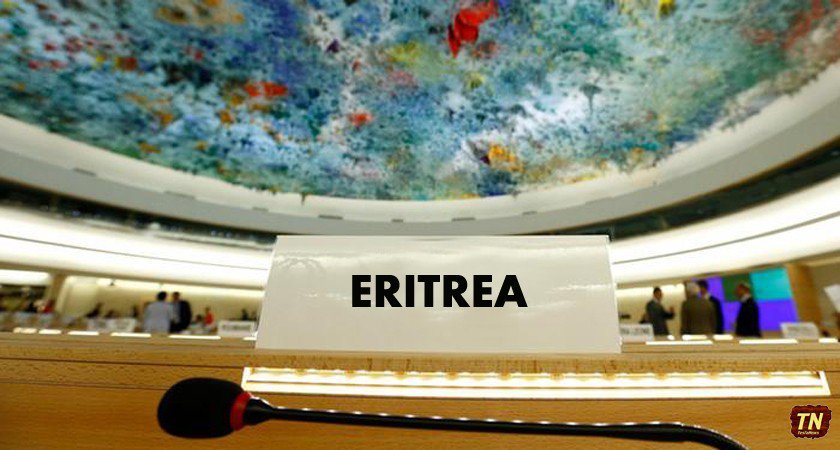Eritrea: Time for Engagement, not Isolation
Eritrea: Time for Engagement, not Isolation
By Ibrahim A.
In May 1991 Eritrea won the hard fought war of Independence. It was hoped a lasting peace will flourish in the region when the longest war in the continent ended with victory for Eritrea and the Eritrean people.
That marked the birth of a new nation after three decades of armed struggle against an expansionist neighbor, Ethiopia. After the hard fought and hard won freedom, the leaders took a pragmatic political decision and conduct a referendum to give the Eritrean people a chance to determine their future. The referendum took place under the auspices and with observers from the world community. Moe than 99.8% voted for independence. With this vote, Eritreans ensured the birth of an independent and a self-reliant nation. The achievement of self-reliance was one of the key goals of the struggle for independence.
Eritrea officially declared its independence on May 24, 1993. The former arch foe Ethiopia and the new Eritrean nation initially gave a hopeful sign that both peoples would live in peace as neighbors. The regime currently in Addis-Ababa came to power with the help of the Eritrean struggle. The latter drove their tanks and military artilleries to the capital of Ethiopia, leading to the collapse of military government of Ethiopia after nearly two decades in power. The peace the Eritreans enjoyed at the time recorded visible progress in the political and economic fields.
At that time Eritrea’s economy and infrastructure were almost non-existent. Eritrea has to start from scratch building its economic, social and political structure as a nation.
Eritrea started to work hard on rebuilding the infrastructure, renovate roads, bridges, dams, hospitals, health centers, schools and other necessities. The progress was remarkable. The change was visible.
On the political arena, Eritrea started drafting its constitution with full public participation within the country and among the diaspora.
It was at this juncture of the reconstruction that the challenge was shifted to focus on defending the new nation. It was non but the once comrades-in-struggle and those the people and government invested high hopes to be partners for good neighborhood who sold their souls and minds to ignite a war against Eritrea in an attempt “if possible” to reverse the independence of the new nation or otherwise to change the government. Ethiopia officially started the war in May 1998. The owners of this evil and ill-advised motive are the minority regime who came to power with the full help of Eritrea.
The war caused heavy causalities and damaged economic progress on both sides. But also the path of full democracy that Eritrea was aiming to implement had to be postponed to the right moment.
Although the war officially ended under the “Algiers Peace Agreement” penned by both countries as final and binding, and the boundary between the two nations was delineated by an international body, the Eritrea Ethiopia Border Commission (EEBC),Ethiopia has refused to implement it. This has become a hurdle for the new country to put undivided focus on nation building. As a result, it had to build the nation while at the same time guarding its sovereignty.
The Eritrean government has extended its invitations to friends and partners who can lend a hand in the struggle to realize the Eritrean dream.
The challenges Eritrea is facing are workable and doable. As one of the gallant fighters said in one occasion “If we were able to rise from the ashes of war to become a nation…. Nothing is impossible as long as there is a will.”
The world community should understand Eritrea better and keep engaging with the government.
The UNSC needs to lift the UNJUST Sanction on Eritrea!
The baseless accusations of the Commission of Inquiry (COI) must be rejected!
Ethiopia must be forced to vacate the sovereign lands of Eritrea and fully implement the EEBC ruling.
Eritrea: Time for Engagement, not Isolation
 Reviewed by Admin
on
7:42 AM
Rating:
Reviewed by Admin
on
7:42 AM
Rating:
 Reviewed by Admin
on
7:42 AM
Rating:
Reviewed by Admin
on
7:42 AM
Rating:


No comments: